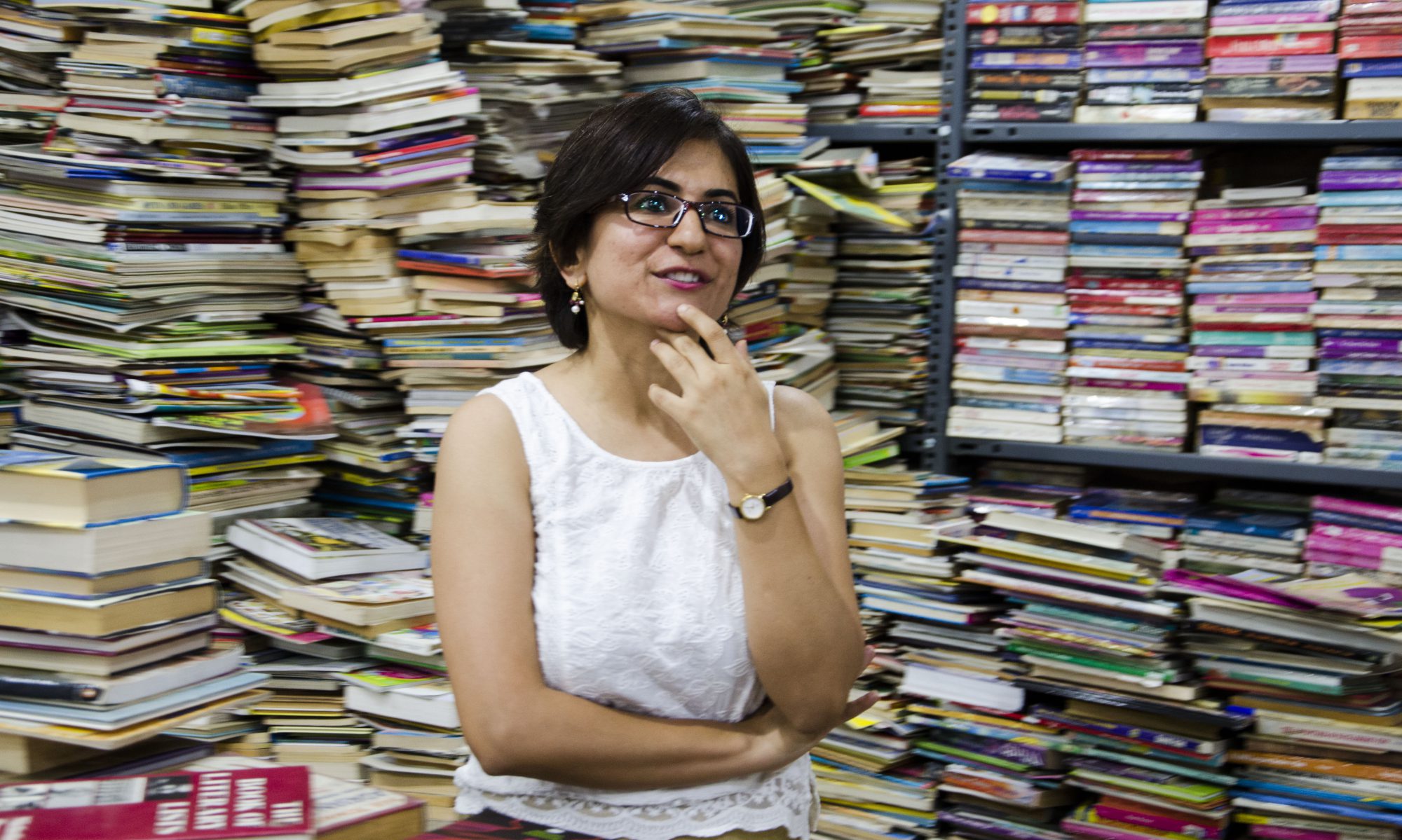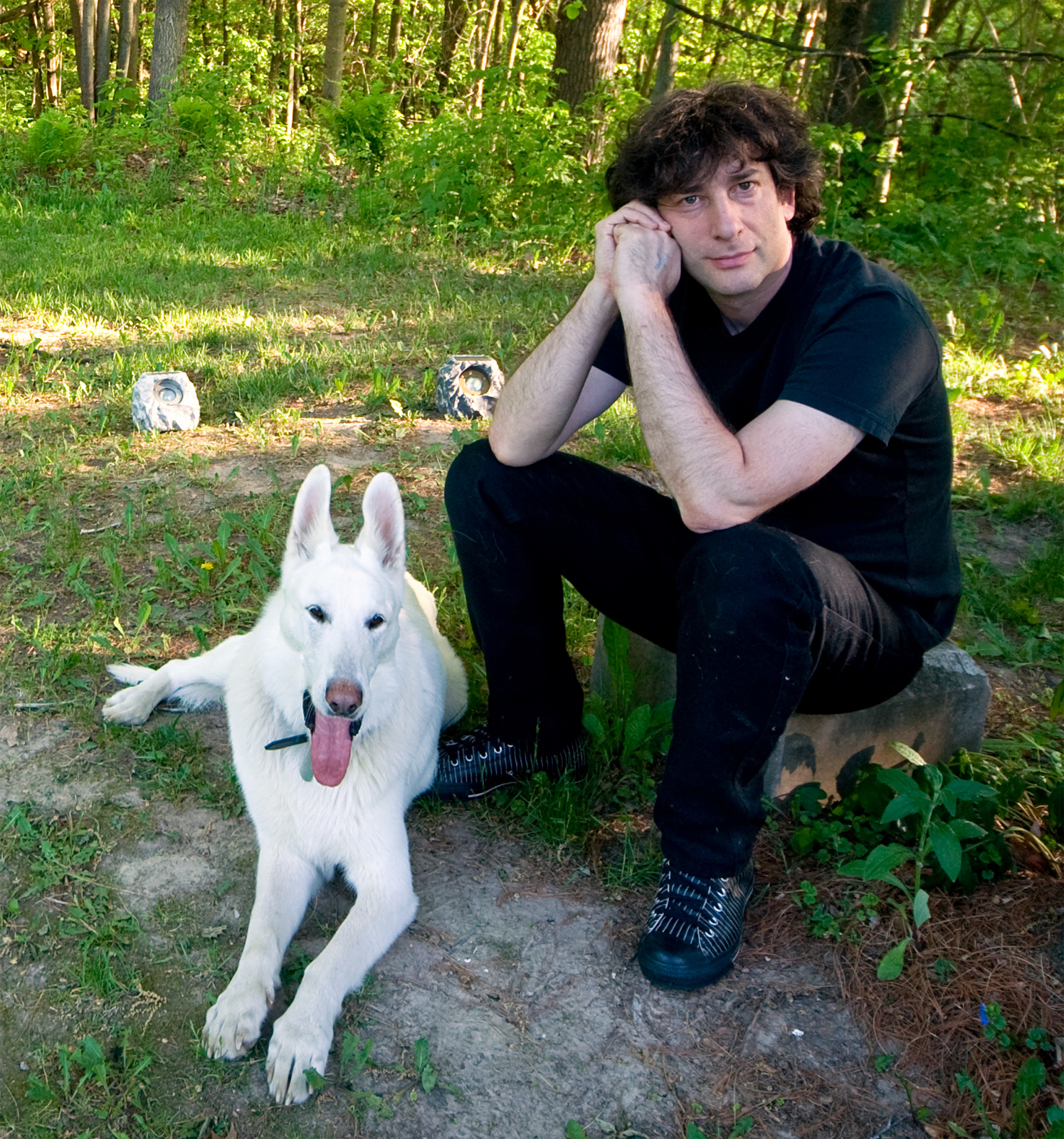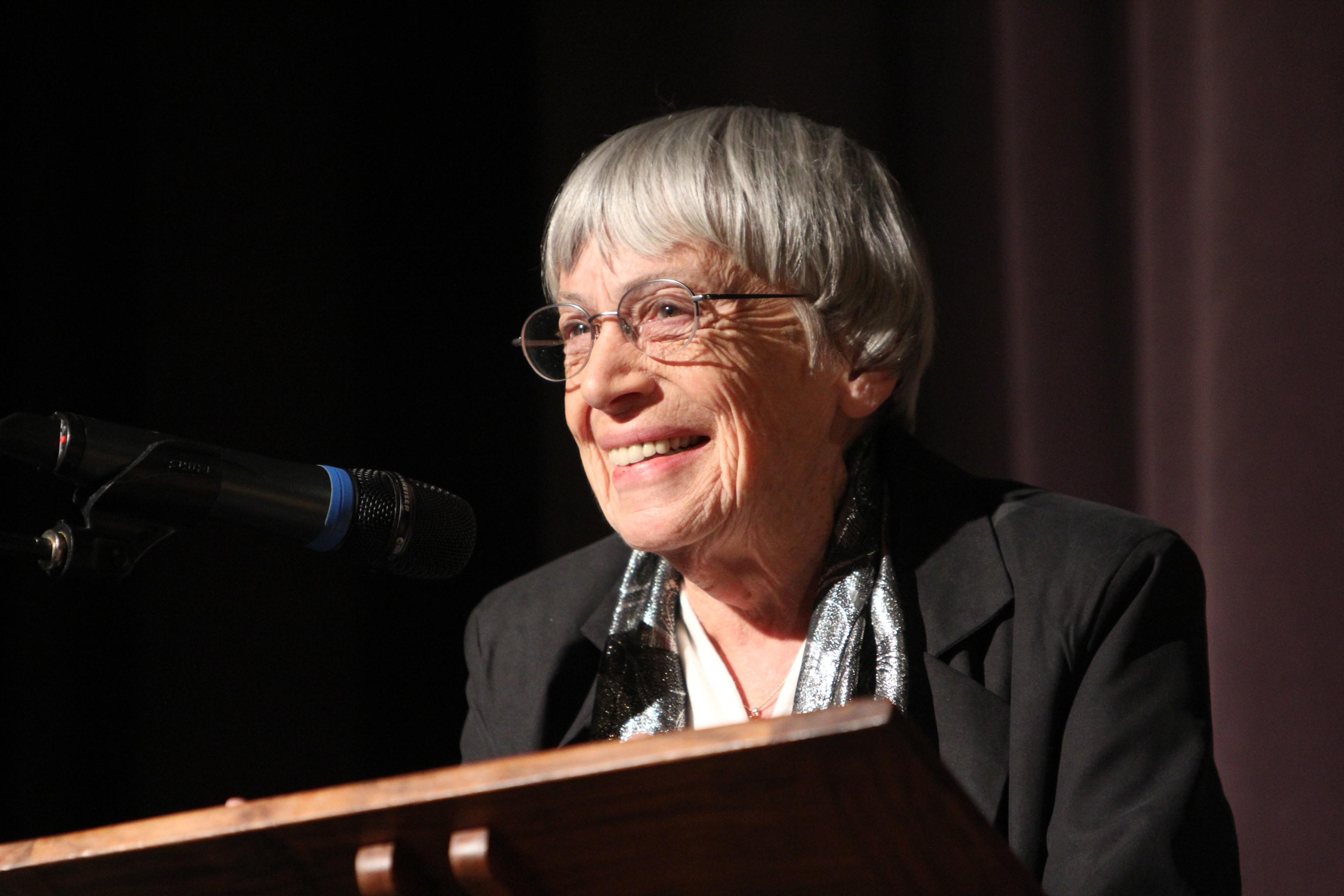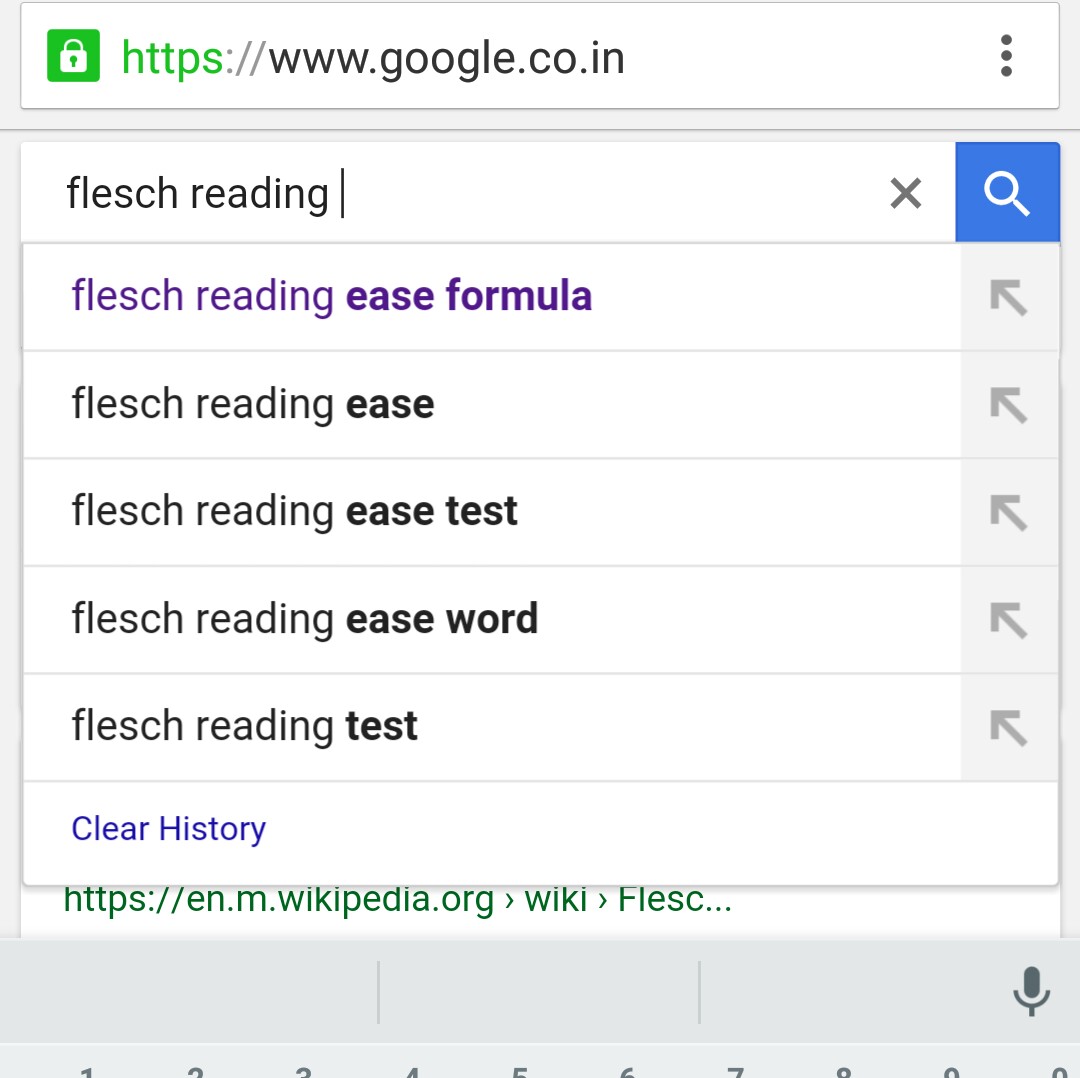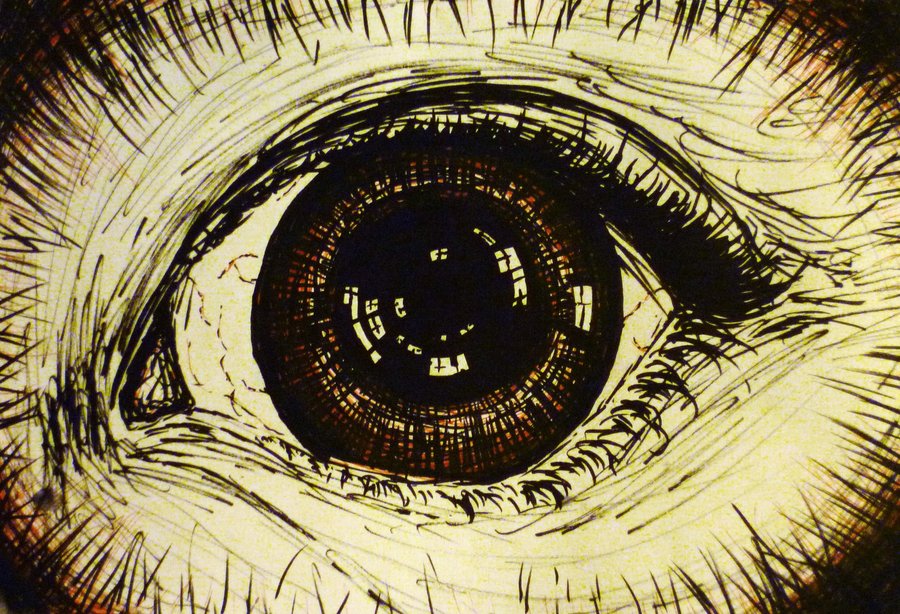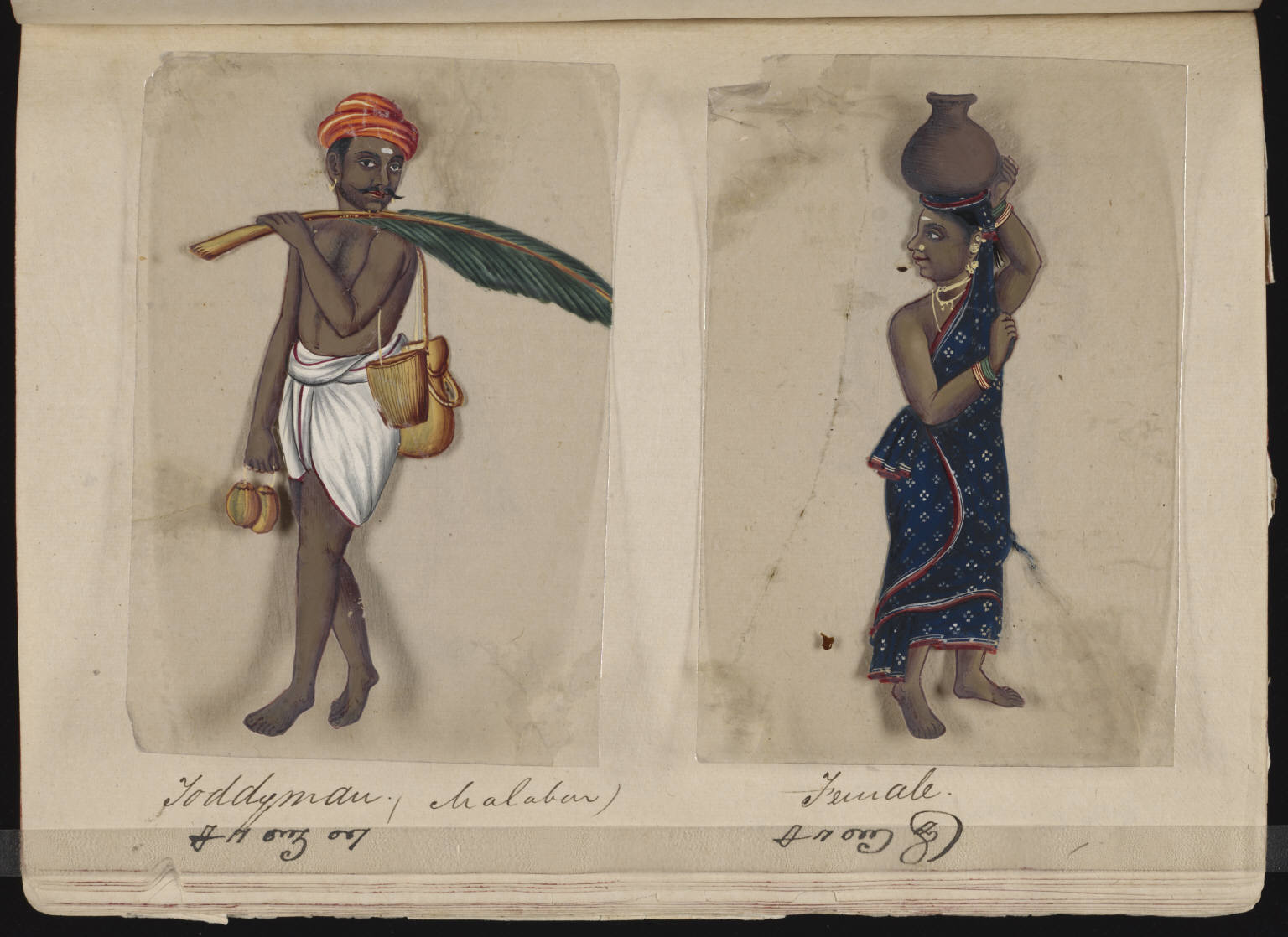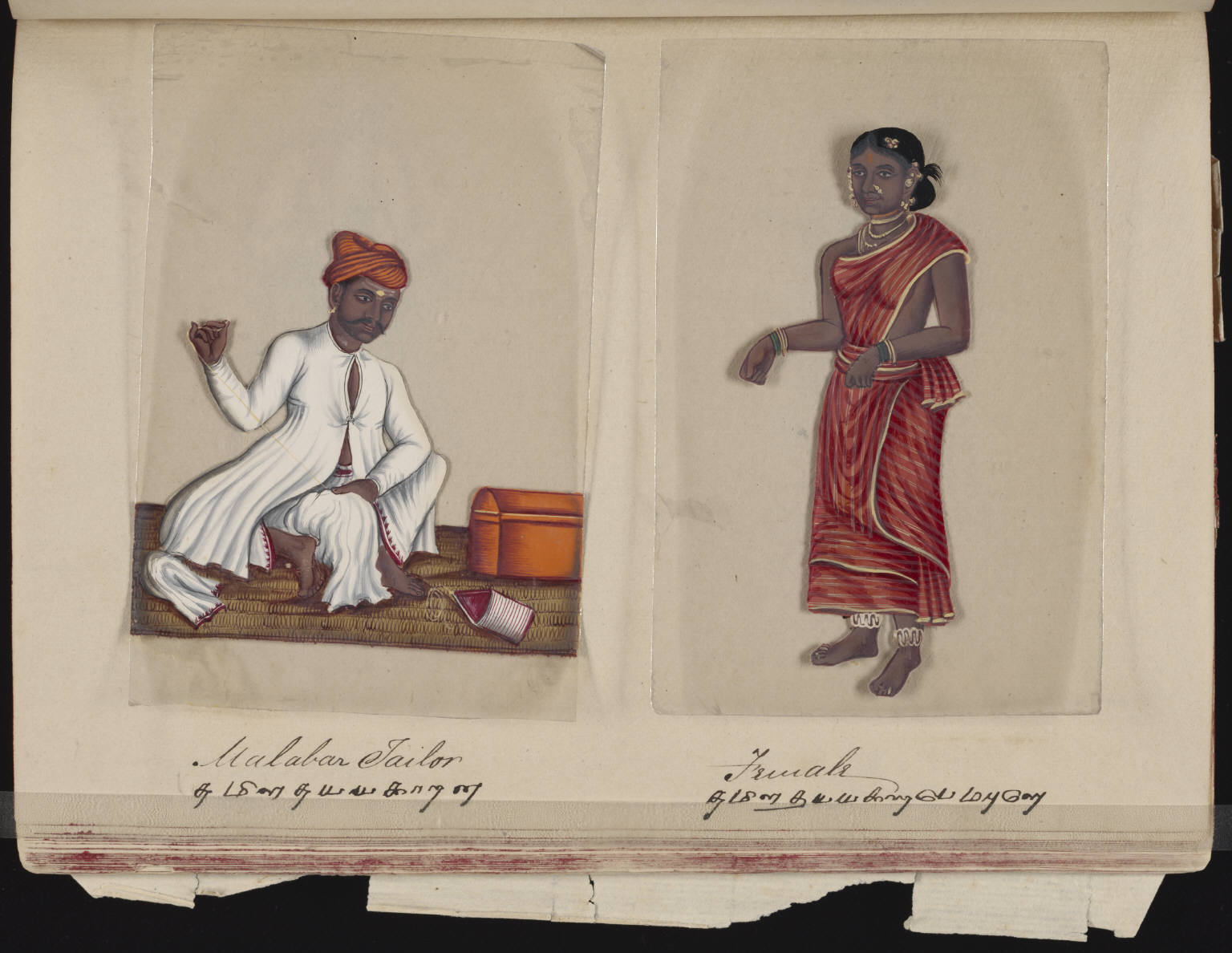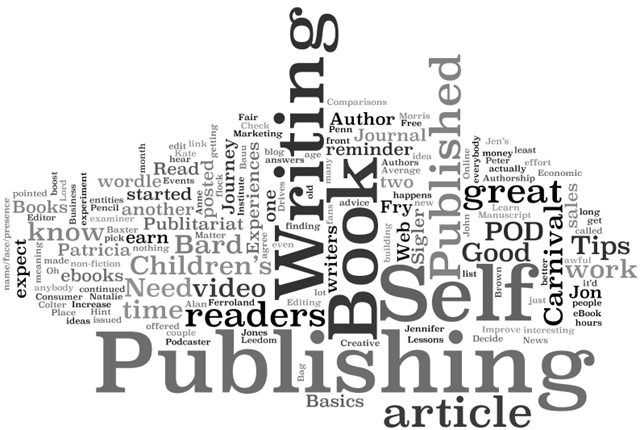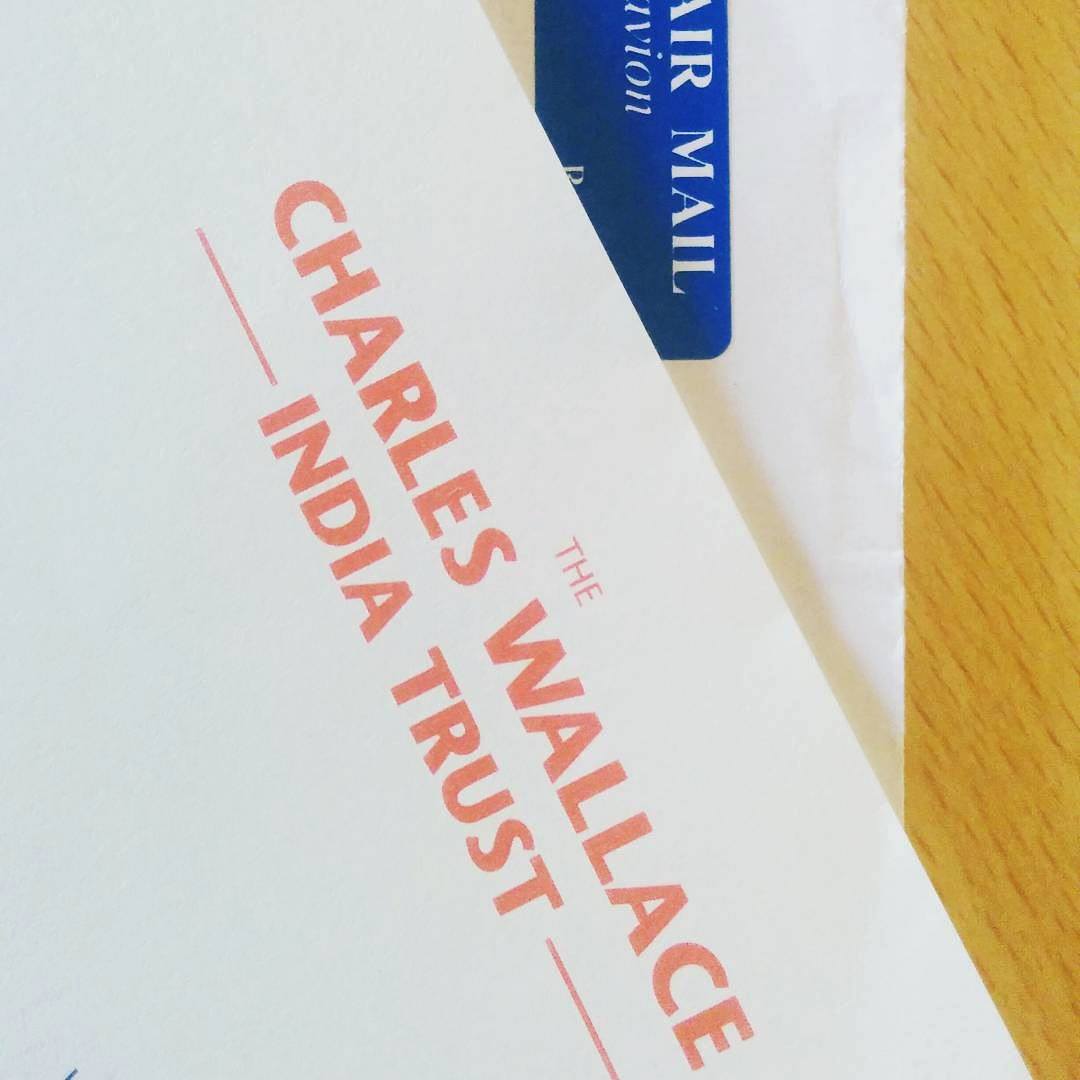There’s something quite weird happening in the academic community. Scientists and professors write papers which are meant for other scientists to read and expand their own knowledge as well as add to it. They send these papers to journals where they get published. Most scientists and researchers would get promotions, cushy jobs or academic positions on the basis of the number of their publications. Which is great.
Except most of the scientific community sends these papers to journals for FREE. The journals belong to big-fat private publishers, mostly based in the USA. For this free content, the publishers ask for copyright in exchange for publishing. Then the publishers put up all this knowledge for sale. They charge a bomb for access to these journals. The richer Western universities can afford to pay these costs, but scientists in poorer countries don’t have access. Many of them can’t even pay for it even with money as the IP address of their countries can’t cross the journal’s copyright firewalls. What’s stinkier is that it’s not like these publishers are paying the original authors (the scientists) any royalties for earning out of their work. They pocket everything. And if the author shares her paper with someone else, they might face a lawsuit from the publisher. Stupid, right?
Which is why I wholeheartedly approve of what Kazakhstan citizen Alexandra Elbakyan did when she faced the problem of access to papers in her field. Instead of heading to Twitter and asking for academic papers with #IcanhazPDF:
She became a pirate.
Alexandra used her computer skills and put all papers from all publishers online, for free, for anyone to access. And that’s how Sci-Hub was born. You can head there now, search for something and see what kind of papers you find.
Continue reading “Want an academic paper? Head to pirate site Sci-Hub”
